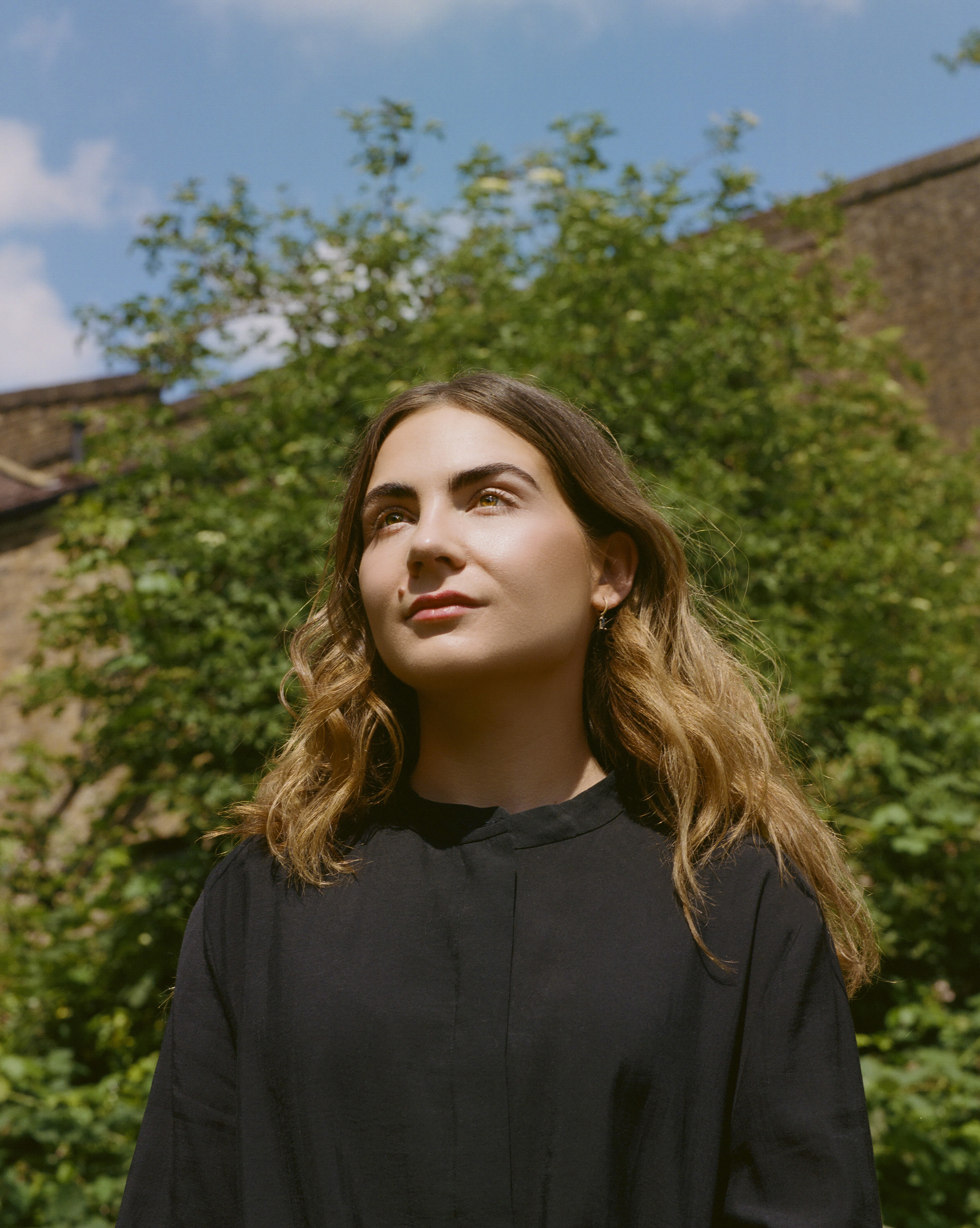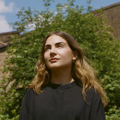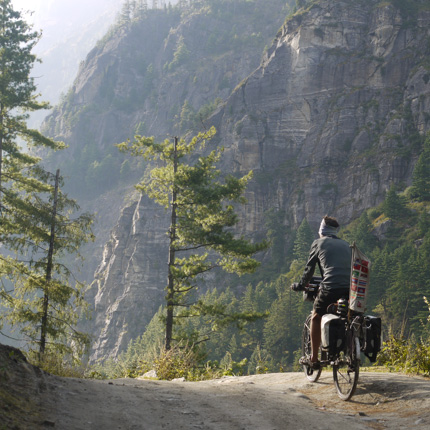How did the campaign come to life? And what has your role been?
I founded the campaign in April 2020, when lockdown was closing lots of parks in under-funded areas, and areas that were home to communities of colour and low-income households. So Brockwell Park in Brixton, and Victoria Park in Hackney and Tower Hamlets, and not, you know, Hyde Park or Regent's Park in the nice, white, wealthy areas. One third of people in Hackney and Tower Hamlets are impoverished. Brixton is known as the home of black Britain. So it just seemed pretty classist and racist the way that these places were closed. And it kind of pissed me off.
What did the curation process for the book look like? And are there any perspectives that, in hindsight, you would love to add to the book now?
I knew the topics I wanted to cover: mental health, medical perspectives, the right to roam, racism, classism - all of these things. I came up with a concept for each of the essays, then just went about finding the best person to write that.
I wanted to give a platform for people, rather than just getting a bunch of big names. And it was brilliant. Some of the most amazing essays in the book came from that. So Michelle Barrett’s essay, The Enclosed Place, which is brilliant. There's one about apartheid in South Africa, one about the caste system in India, one about Soviet housing in Latvia and Soviet occupation in Latvia, which is chillingly relevant now, for obvious reasons. A bunch of the poems as well, and the Daisy Kennedy essay. The process was really fun.
Why is designating nature specifically as a human right important?
Nature unquestionably improves our quality of life in countless significant ways. It is absolutely something that we all - every person, regardless of their background or any kind of demographic factor - deserve to have contact with. We are animals. We are part of nature. We evolved to be part of nature. We still absolutely need it; it's encoded in our genes. And so it needs protection as a human right, because the way that urbanisation is going means that fewer and fewer people have access to nature. We're going to become more and more nature-based in our responses to people’s mental health, physical health, social health and incentives to act on climate change.
What does this look like in practice?
There is something called the 3 30 300 rule, proposed by Dr. Cecil Konijnendijk of the Nature Based Solution Institute. The principle is that everyone should be able to see three trees from their home, should have at least 30% green cover in the neighbourhood and should be no more than 300 metres from their nearest green space. There are various ways we can go about that: we can de-pave, we can create green walls and green roofs, plant street trees. It's very, very doable, even in dense urban environments.
Ultimately, what's the ideal outcome of the campaign?
The ideal outcome from the campaign is for the United Nations to write up contact with nature into the Universal Declaration of Human Rights. They added the right to a healthy environment last year, so it's definitely within the realms of possibility!
Nature is a Human Right is out now. You can buy a copy here. And you can join the campaign to make nature a human right here.








